PARIS -- Since Carlos Ghosn's arrest in November, the French government has said repeatedly that its main goal is to preserve the Renault-Nissan alliance. On Wednesday night, the state proved it was serious about its promise by refusing to approve a merger with Fiat Chrysler Automobiles without Nissan's full support.
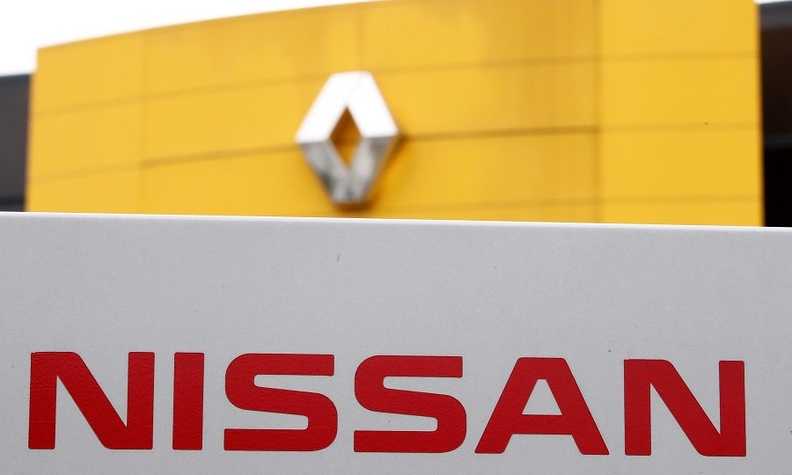
Earlier Wednesday, it appeared that most of the major issues had been decided between FCA, Renault, and the French government, which is Renault’s largest shareholder and, with double voting rights, effectively acts as a gatekeeper for any big decisions involving the automaker. Renault’s own directors planned to vote “yes,” while Nissan’s two board appointees planned to abstain.
That was not enough for the government, which asked FCA for more time to go back to Japan to persuade Nissan to support the deal. Shortly after 5 p.m. EDT on Thursday, the Italian-American automaker announced it was withdrawing its 50-50 merger offer.
"It was out of the question to put the alliance in danger for a merger,” a French government spokesperson said Thursday. “There was a risk with Nissan's abstention that Nissan would later vote against it." Board approval on Wednesday would have produced a memorandum of understanding that would lead to formal merger talks between Fiat Chrysler and Renault. Nissan has been shaken by the fallout from Ghosn’s arrest on accusations of financial mismanagement, losing top managerial talent and fighting a deep slump in profits and sales. It’s in the interest of the French government to return Nissan to health, both for the billions in synergies and revenue contributions it makes to Renault, and for the sake of its own investment. (The state holds 15 percent of Renault shares. In turn, Renault holds 43 percent of Nissan.)
Already upset at being excluded while Fiat Chrysler and Renault held secret talks, Nissan could have actively worked to prevent the merger from happening. It could also have restricted access to some of the key technologies jointly developed over its 20-year marriage with Renault, such as the new CMF platform and driver-assistance systems such as ProPilot.
Those shared technologies would be critical to generating the billions in synergies that Fiat Chrysler said would accrue from a Renault merger.
As it is, restoring trust between Nissan and Renault in the wake of Ghosn’s arrest will be hard, if not nearly impossible. But that is the job that Jean-Dominique Senard was given when he was appointed Renault chairman in January. Adding in complex negotiations with FCA -- which would be focused on working with Renault, not Nissan -- in the next year could have risked the collapse of the alliance.
That could still happen. And the government has left open the possibility of new talks with FCA. But at least for now, it appears that the French government went with the company it knows rather than the one it doesn’t.
"There are many alliances in the automobile industry that don't work and just a few that work,” the government spokesperson said. “The Renault-Nissan alliance is among them."
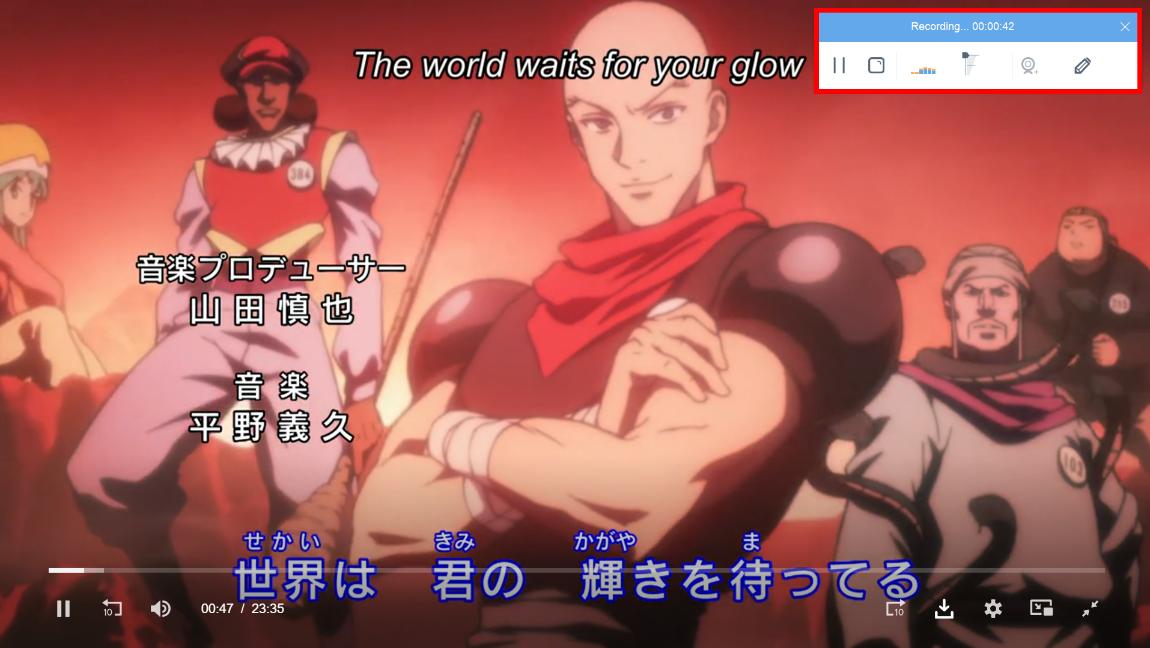

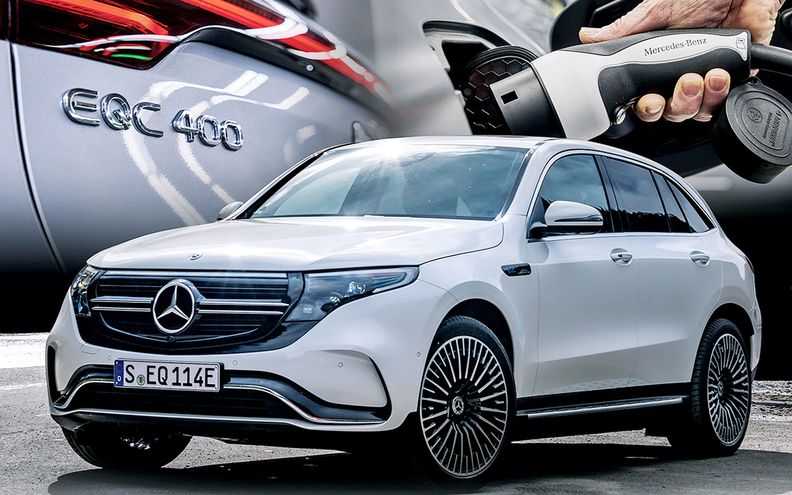
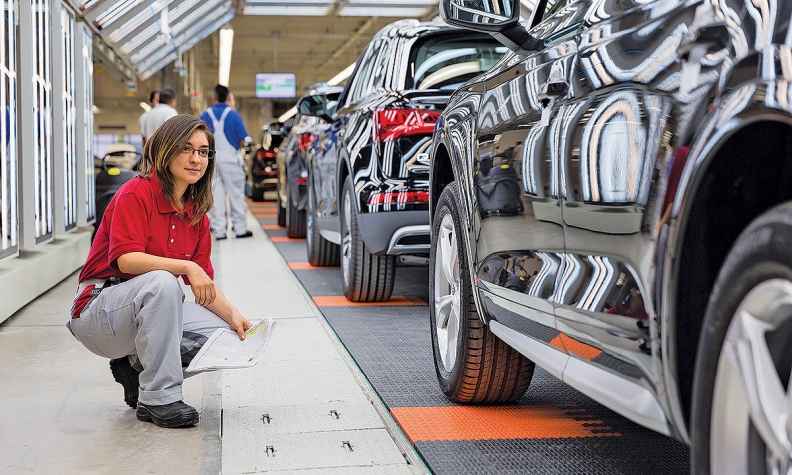
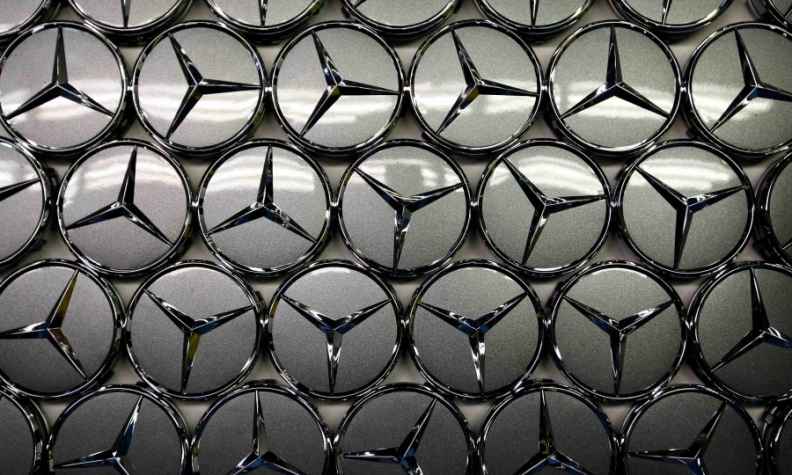
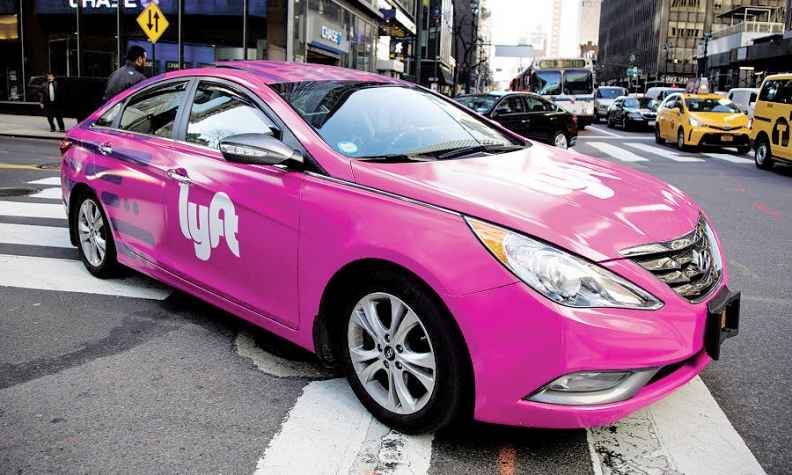
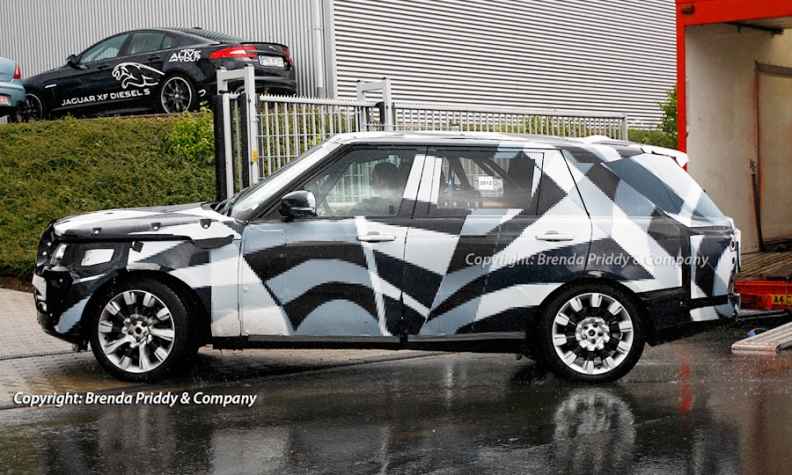
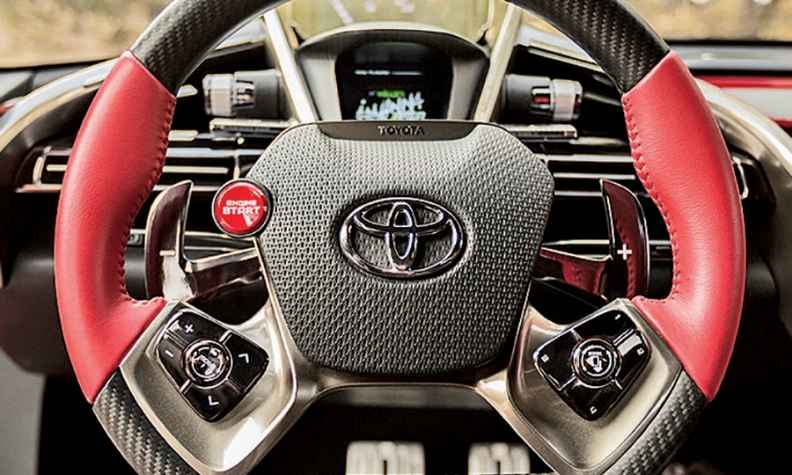
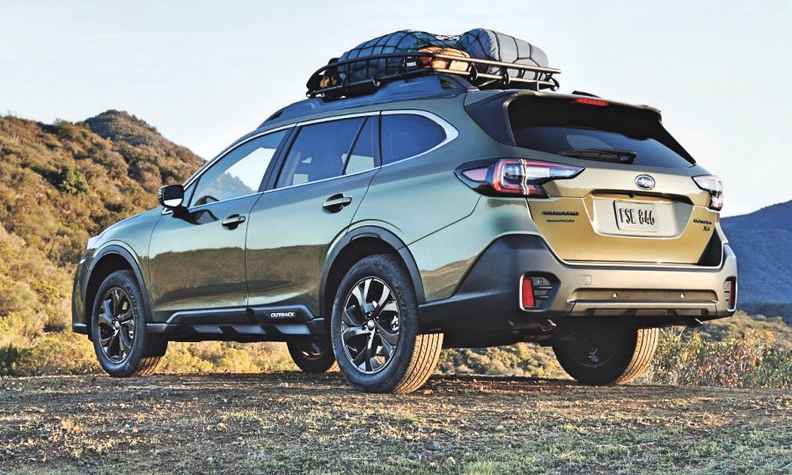
Post your comment